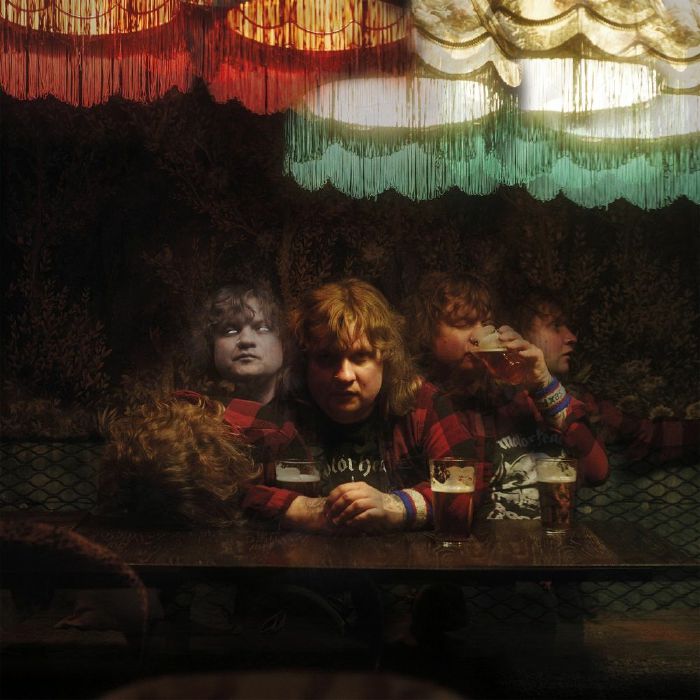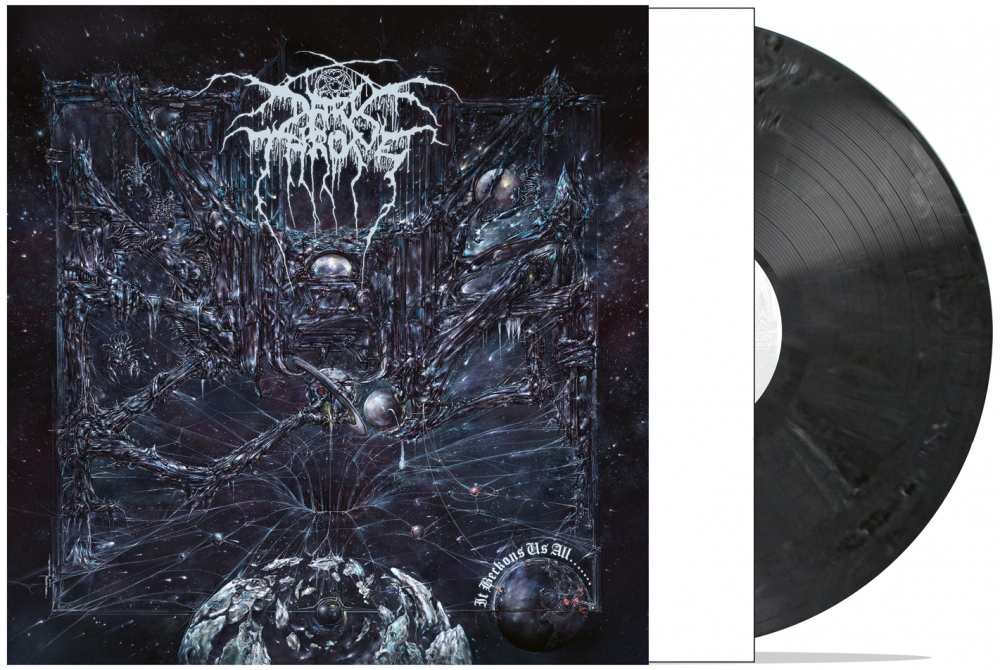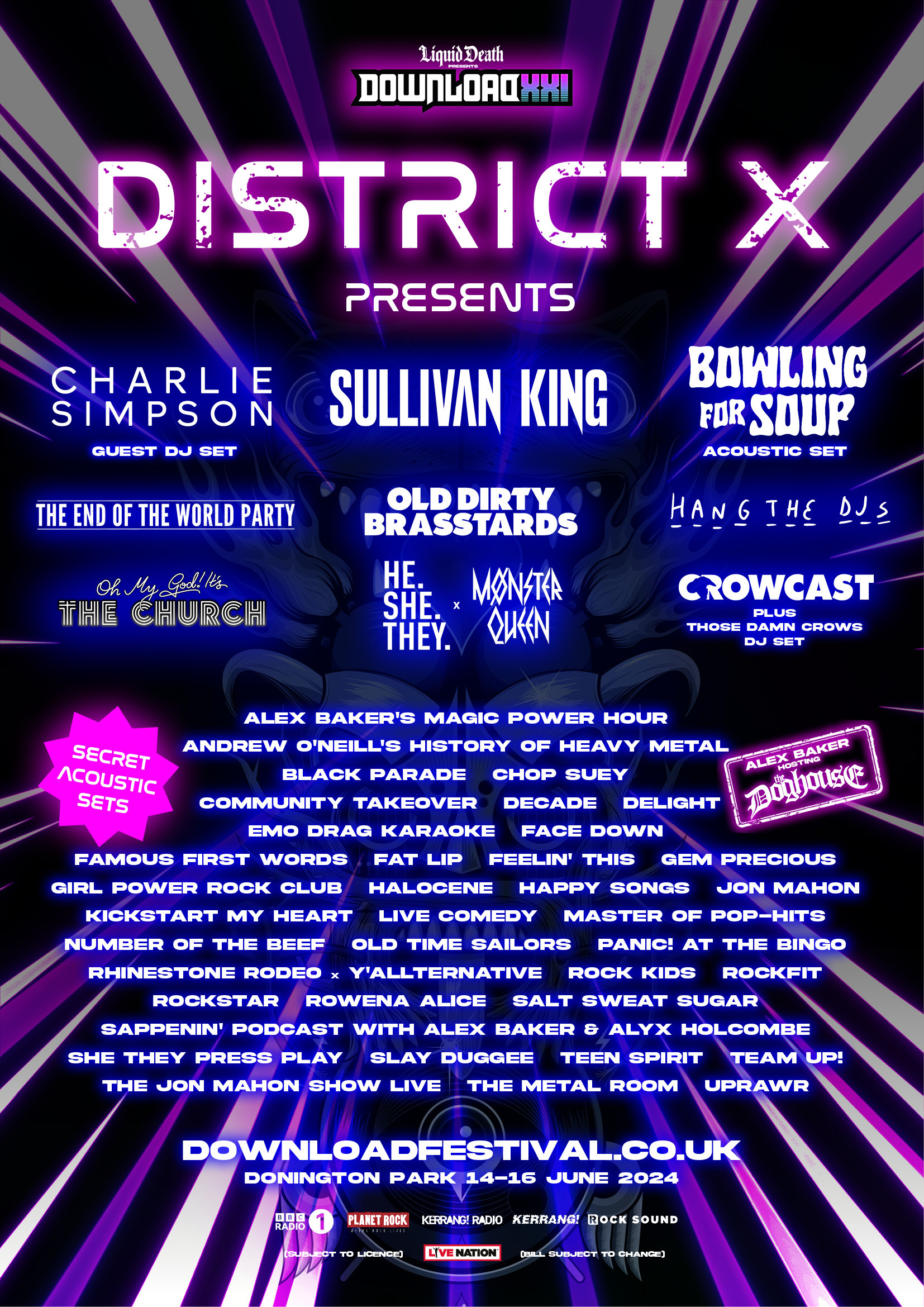
For fans of a certain age, as the recent run of anniversary shows so ably demonstrated, Suede’s Coming Up was an album that defined an era. An effervescent reinvention in the wake of guitarist Bernard Butler’s departure, it remains a landmark album in the band’s impressive back catalogue, not least thanks to Brett Anderson’s ability to perfectly capture the arrogance and the uncertainty of youth. That it was also packed with great melodies ensured its longevity, and it is impossible to hear it, even some twenty years on, without feeling the same rush as when you first encountered it. For many bands, tapping into youthful zeal is dangerous, because there comes a point where reliving it becomes more of a burden than a blessing, but Suede’s skill was never limited to capturing the hormonal rush of youth. Indeed, the band, who reformed in 2010 after a seven-year absence, have repeatedly shown that they are able to grow alongside their audience, capturing the insecurities of age to produce a run of increasingly impressive albums that peaked with 2018’s monumental The Blue Hour. A dark, conceptual piece, The Blue Hour arguably featured one of Brett’s finest vocal performances with its opening track, As One, while the music took a more ethereal turn. In contrast, Autofiction, perhaps galvanized by the Coming Up shows of last year, is a tougher proposition. Brett calls it the band’s “punk” album, referencing the warts ‘n’ all recording approach, and while it arguably cleaves closer to post-punk, it is surely the most direct Suede album in years, emerging as a sequel of sorts to Coming Up.
It kicks off with a squall of feedback, before the band adopt a Joy Division pose on She Still Leaves Me On, all throbbing bass and taut dynamic shifts. With crystalline production from Alan Moulder and a blistering performance from Brett who, impossibly, seems to only be getting better as a vocalist, it makes for one hell of an impressive opening track, riven with yearning, and it has future classic written all over it. Next up, Personality Disorder is based around Simon Gilbert’s tough beat and Matt Osman’s snaking bassline. As Brett shifts from beat poetry to soaring vocal, the latter underpinned by gang chant vocals, the band delight in ramping up the volume, and you can imagine Richard Oakes’ manic grin as he kicks on yet another boost pedal. Harking back to their teenage years, 15 Again sidesteps nostalgia and, instead, captures the ability of music to evoke feelings long thought gone, or at least dormant. With Neil Codling’s synths taking a more prominent role than on the opening tracks, 15 Again has something of the epic sweep the Manics (also on tour with Suede in the US) brought to their post-Everything Must Go albums. That epic sweep remains on the otherwise calmer The only Way I Can Love You, a chance for the audience to catch their breath after the album’s opening rush, before That Boy On The Stage kicks off with a woozy guitar line and glam attitude that sets the pulse racing. Throw in a falsetto-led chorus and a gang chant of “shut up and hit that metal” and you have another classic track, delivered with such energy, it’s hard to believe this is a band in their thirtieth year.
With the album having absolutely blazed through its first half, the gorgeous, piano led Drive Myself Home allows for some quiet introspection. Heartbroken and heart breaking in equal measure, it’s a lovely song with an unutterably gorgeous chorus. Notching things up a gear, Black Ice sees Brett’s voice layered in reverb as the bass slithers through the mix. Another track with a strong Ziggy vibe, it offers some great riffs and then crashes out in a haze of feedback and noise. It’s followed by the darker post-punk of Shadow Self, which is the closest that Suede have ever come to Disintegration-era Cure and, although it packs a surprisingly vigorous chorus, it’s a claustrophobic track. In contrast, It’s Always The Quiet Ones sees the band open up their sound on a track that builds to a chorus destined to be lit by a thousand held-aloft-lighters when the band next step out on stage. It gives way to the introspective beauty of What Am I without You?, a track that features another stunning performance from Brett, whose voice cracks with emotion on the climactic chorus. While the track would make a fine closer, the band clearly wanted to exit in explosive style, and so we get the punk rock manifesto of Turn Off Your Brain And Yell, a tough-as-nails finale that condenses the album’s remit into four blazing minutes. With some cracking lead guitar and a melody that’ll loiter in your head for days, it ends things on one of a hell of a high, and you’ll be itching to hear it all over again just as soon as the disc spins to a stop.
Since they returned in 2010, Suede have been going from strength to strength and, while each album has offered myriad highs, there’s no doubt that Autofiction is the band’s most direct record in years. Packed with soaring melodies, bruising guitars and fleeting moments of stunning beauty, it is a wonderful album and easily the equal of anything from the band’s early years. Remarkable, even by the band’s own lofty standards, Autofiction will sit high amidst the albums of the year and is more or less essential listening. 9.5










Leave a Reply